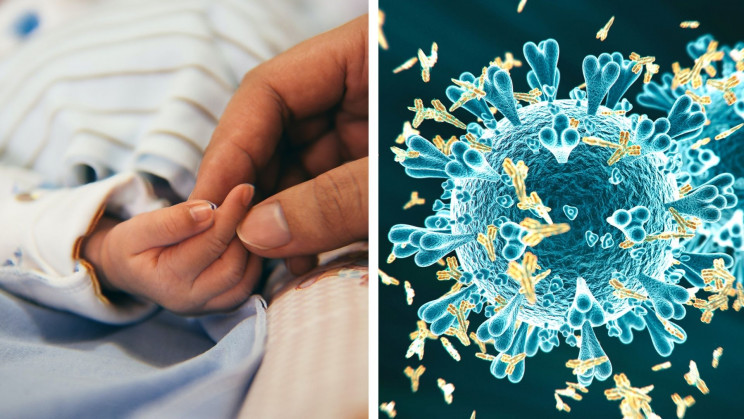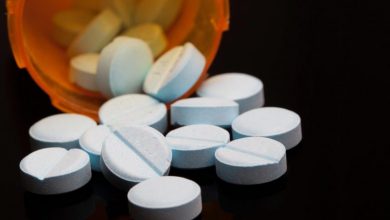
A Floridan lady who received a single dose of Moderna’s coronavirus vaccine while pregnant recently gave birth to the first-known baby born with COVID-19 antibodies “after maternal vaccinations” in Florida, according to a study shared in a preprint server.
While this finding has yet to undergo peer review and full publication in a legitimate journal, it could mean immunity against the COVID-19 illness might carry over multiple generations through pregnancy, via the Moderna vaccine.
A US woman gave birth to a ‘vigorous, healthy’ baby girl with COVID-19 antibodies
The mother — who is a frontline healthcare worker — was given her initial dose of the Moderna vaccine in January, while 36 weeks pregnant. Her baby girl was born in a “vigorous, healthy” condition three weeks after vaccination. When researchers analyzed her blood via the baby’s umbilical cord, they found that antibodies “were detected … at time of delivery,” read the paper. “Thus, there is potential for protection and infection risk reduction from Sars-CoV-2 with maternal vaccination.”
“To our knowledge, this was the first in the world that was reported of a baby being born with antibodies after a vaccination,” said Paul Gilbert, one of the doctors involved in the birth, to a local ABC affiliate news service, according to a report from The Guardian. “We tested the baby’s cord to see if the antibodies in the mother passed to the baby, which is something we see happen with other vaccines given during pregnancy.”
However, the paper emphasized that more research is needed to confirm the potential protection of babies from COVID-19 illness via antibodies. “We urge other investigators to create pregnancy and breastfeeding registries as well as conduct efficacy and safety studies of the COVID-19 vaccines in pregnant and breastfeeding woman and their offspring.”
Interestingly, an earlier study had found COVID-19 antibodies present in breast milk from mothers that recovered from the infection, speculating it might be possible to transfer antibodies to a newborn via this mechanism.
Maternal vaccines might give unborn babies a ‘practice’ immune response to COVID-19 illness
The doctors also stressed the initial stage of this finding — since this is only one case. Soon, there “will be thousands and thousands of babies born to mothers who have been vaccinated of the next several months,” said Chad Rudnick — another doctor involved in the baby’s delivery — to the ABC station, The Guardian reports. “Further studies have to determine how long will this protection last.”
“They have to determine at what level of protection or how many antibodies does a baby need to have circulating in order to give them protection,” added Rudnick. Vaccines work by helping the body develop its own immunity to specific diseases. In essence, vaccines introduce the human immune system to weakened viruses, so your body can “practice” a full immune response in a biological battle it’s sure to win.
And if the recent study’s claim is true, it means a baby gestating inside a human being also gets to take a “practice” swing at fighting the COVID-19 coronavirus with an immune response, when the mother receives a vaccine. But while the doctors’ study has already been accepted for official publication, it’s best to approach this discovery with cautious optimism as we wait for the journal to go live.
The findings have been reported by Gilbert and Chad Rudnick in a new preprint study (meaning it has not yet been peer-reviewed).
Nevertheless, the study authors stress that it is currently unknown how well the antibodies would protect the newborn or when during pregnancy would be best to vaccinate to confer the best immunological transfer to the unborn.
“This is one small case in what will be thousands and thousands of babies born to mothers who have been vaccinated over the next several months,” Rudnick said.
More investigations will need to be carried out to see whether antibodies are actually prevalent in most babies born to mothers and pregant people who have received a COVID-19 vaccine, as well as to look at whether there might be any differences depending on which vaccine is received.
To conclude, the authors “urge other investigators to create pregnancy and breastfeeding registries as well as conduct efficacy and safety studies of the COVID-19 vaccines in pregnant and breastfeeding woman and their offspring.”



